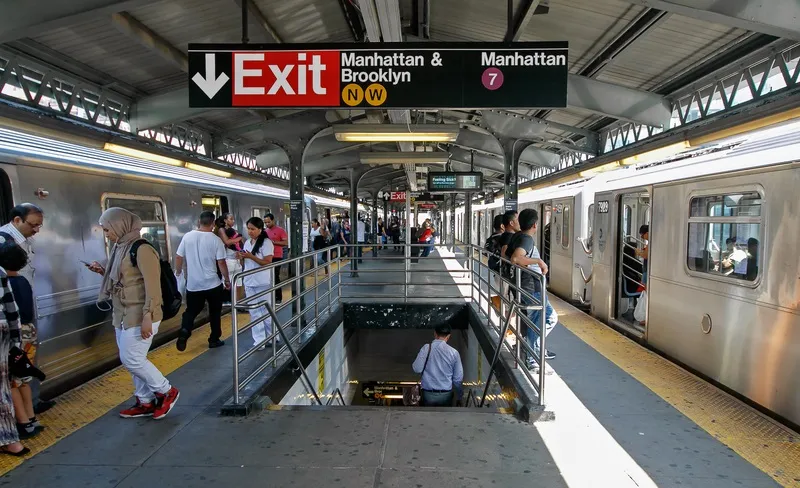Cubic Transportation Systems is to upgrade the Los Angeles County Metropolitan Transportation Authority (Metro) TAP universal fare collection system to provide a Payment Application Data Security Standard (PA DSS) certified application as well as extensive system-wide hardware and software upgrades. The US$9 million contract is an add-on to the original Universal Fare System (UFS) awarded to Cubic in 2002 to deliver the TAP system.
The initiative will support new payment applications and Metro's resulti
October 30, 2014
Read time: 2 mins
The initiative will support new payment applications and Metro's resulting enhanced security and certification with Payment Card Industry (PCI) 3.0 Data Security Standards (PCI DSS), which requires all organisations to maintain a secure payment environment.
Metro’s TAP system is more than ten years old, so the contract provides for a major upgrade to Cubic’s NextFare central system software. Cubic will also be providing its Cubic Payment Application (CPA), a secure card payment processing gateway, as well as an interface to Metro’s bank.
The agreement also includes upgrades to software, computers and Tri-Reader card readers in more than 400 ticket vending machines and other hardware devices that support software downloads. More than 20 servers will be replaced to ensure continued reliability and enhanced security with the latest credit/debit processing applications and standards.
“Today, merchants accepting credit and debit cards are required by their acquiring banks to comply with PCI DSS,” said Janet Koenig, Cubic Transportation Systems’ director of Central Systems. “CPA 3.0 provides a secure payment gateway directly to merchant acquiring banks or other financial institutions. We are happy to assist LA Metro with their needs in fostering a secure payment environment.”








